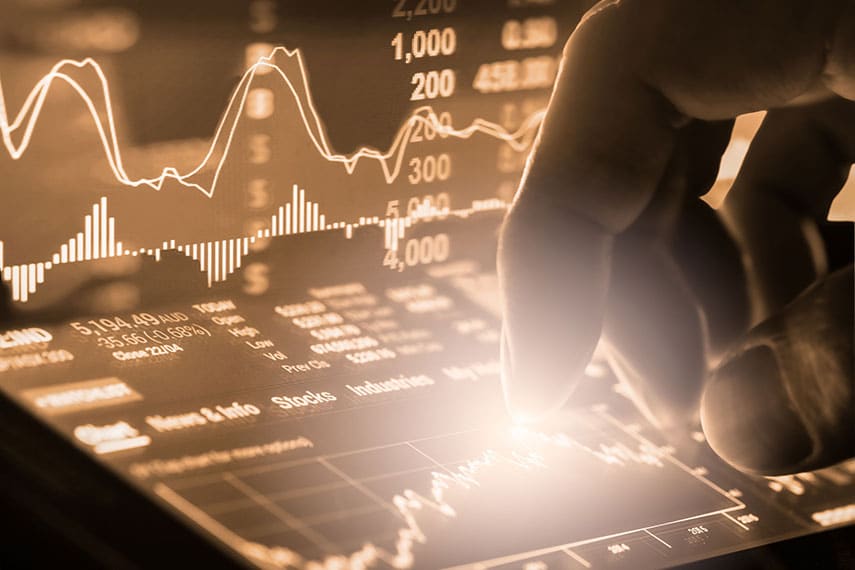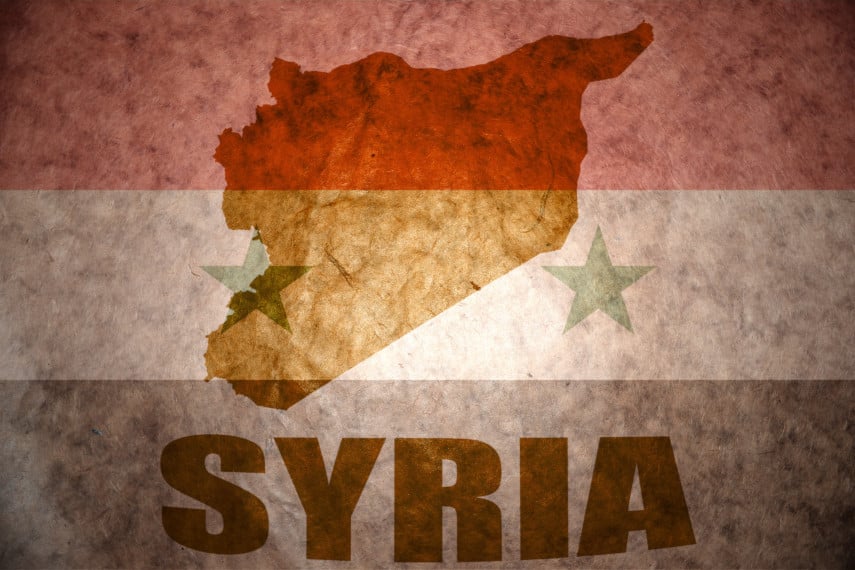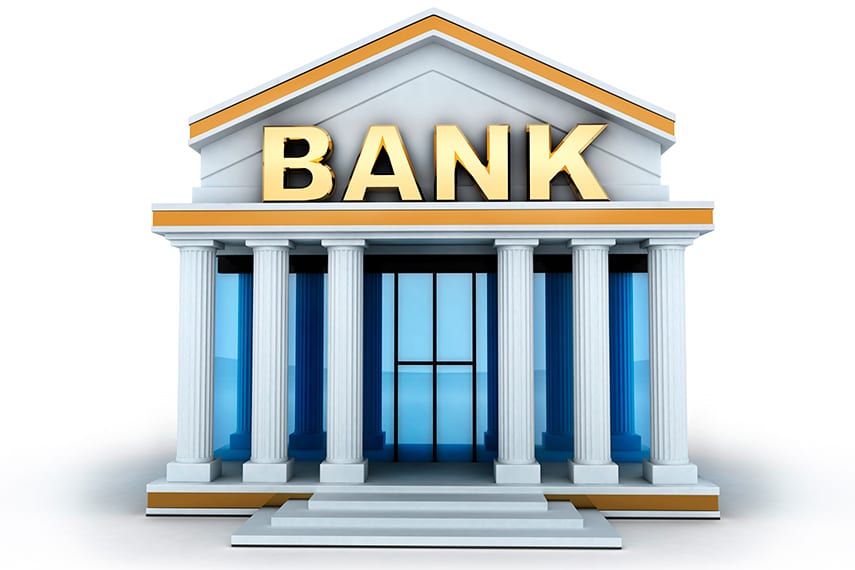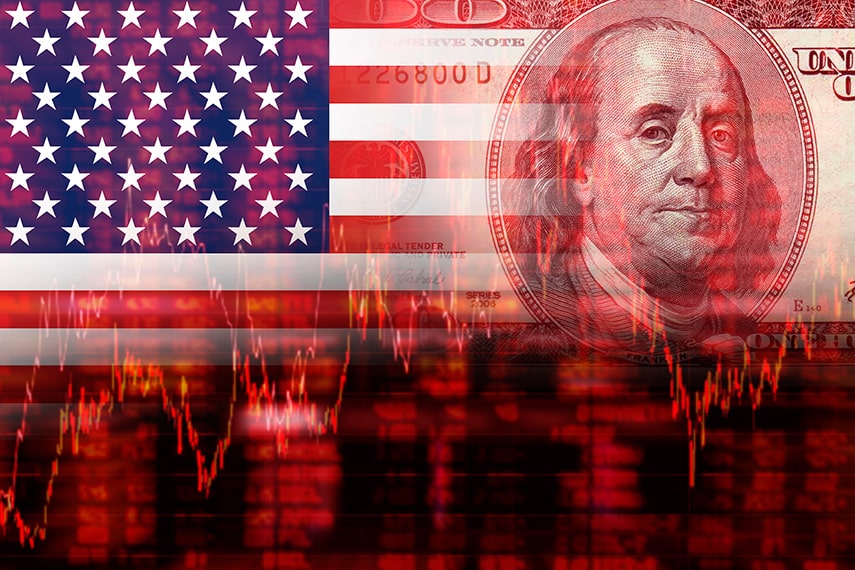
It’s no secret why corporations and major players in the business world are willing to pour tons of cash into presidential elections. The outcome of an election can affect their bottom line as well as their ability to prosper in the marketplace. One 1980 study actually showed that markets move according to a business cycle that parallels the four-year presidential cycle.
Yet in the current battle for the White House the old and easy explanations of whom big money favors are no longer necessarily correct. To characterize Donald Trump, for instance, as a big-money favorite because he’s a Republican would be an oversimplification. He’s pledged to levy import duties on China, and to tax Wall Street.
If Trump kept his word on these issues upon becoming President, he could hardly be called a friend of big business, let alone Wall Street. Both actions would cut significantly into many businesses’ profit margins.
What’s more, several of his competitors for the White House, all along the political spectrum, including Hillary Clinton, Bernie Sanders and Jeb Bush, agree on the need to tax Wall Street.
Notwithstanding her rhetoric, Hillary’s big-money backing has been impressive. It makes you wonder whether the battle for America’s top job should be characterized as Money vs. Money. Some of her biggest supporters have been the PACs, plus employees of CitiGroup, JP Morgan Chase and Goldman Sachs.
As always in America, if you want to play, you have to pay. So far, both backers of Republicans and Democrats are paying, big-time.
Ironically, the unexpected success of the two self-described populist candidates, Donald Trump and Bernie Sanders, is causing confusion in the stock market because, according to Christine Idzelis of InvestmentNews, “[T]heir victories are seen as a vote of no confidence in the nation’s economic and political status quo.” This uncertainty has serious implications, inasmuch as Fed Chair Janet Yellen has pledged to include market turmoil as a factor in deciding whether the Fed will initiate another interest rate increase.
Furthermore, says Idzelis, “Equities are already taking a beating amid increasing concerns about a slowdown in global economic growth and the collapse in oil prices that began in 2014.”
The tricky part is that while the market is affected by presidential election mayhem, it’s unlikely to subside once the pick is made. Then again, maybe we all already knew that while politics can cause market turmoil, it can’t cure it.
Thus the best strategy is to vote for the candidate of your choice, but don’t bet your portfolio on your politics. In the voting booth when you choose one option you have to give up the other. But in investing the name of the game is to spread the risk around among a variety of options.
That said, every technical and fundamental indicator suggests the outlook for stocks is increasingly dismal, while an increasing number of experts are predicting recession here and worldwide. On concerns of global uncertainty and a drop in oil prices, professional traders and investors have already driven gold past its twelve hundred dollar resistance mark. That’s because the precious metal is negatively correlated to both the dollar and dollar-denominated investments like stocks.
Fortunately, neither the political party of your choice or the one you deplore is going to change that correlation. So once you realize your financial fate is in no one’s hands but your own, go ahead and follow the cynical advice of Al Capone who, according to legend, used to urge Chicago residents to “Vote early and often.”
I would update Big Al’s comment as follows: Vote early or late. But no matter who you vote for, hedge your bets.






